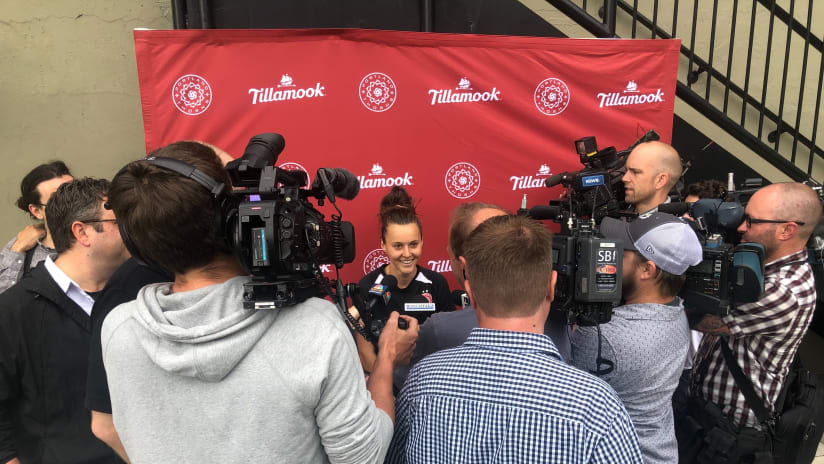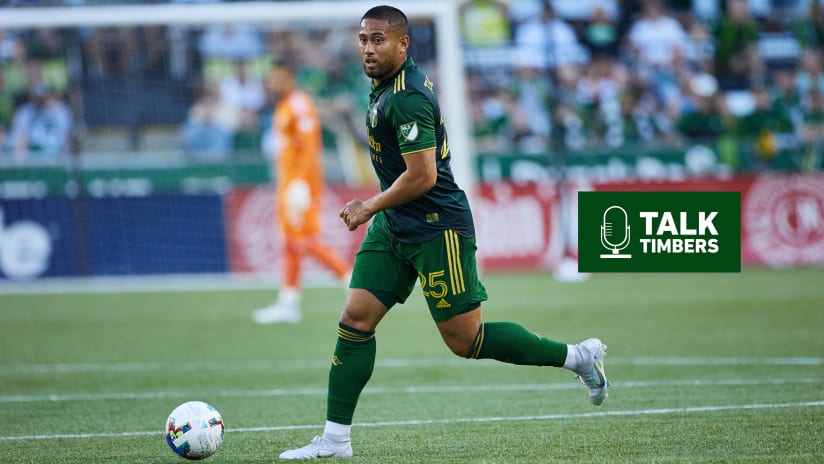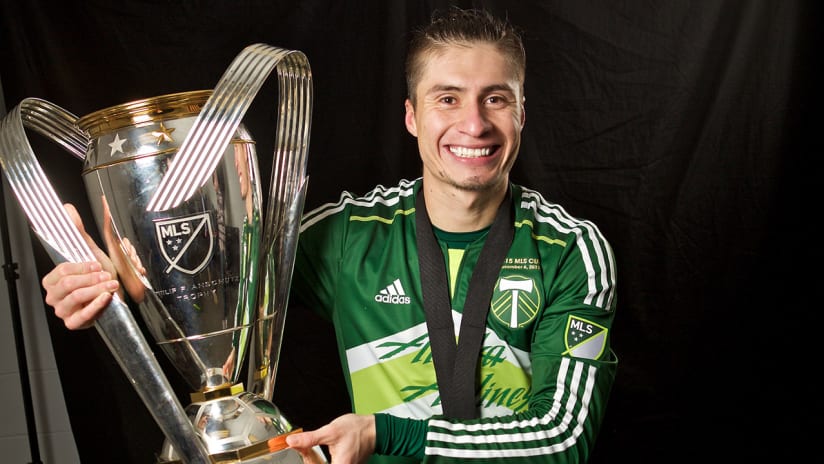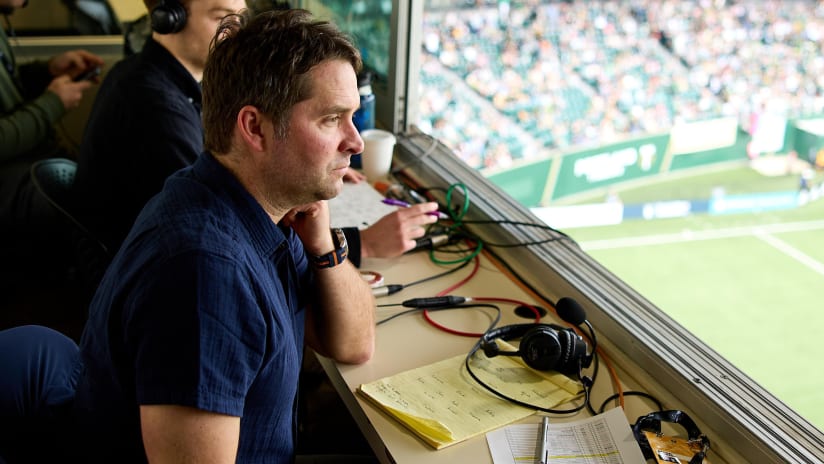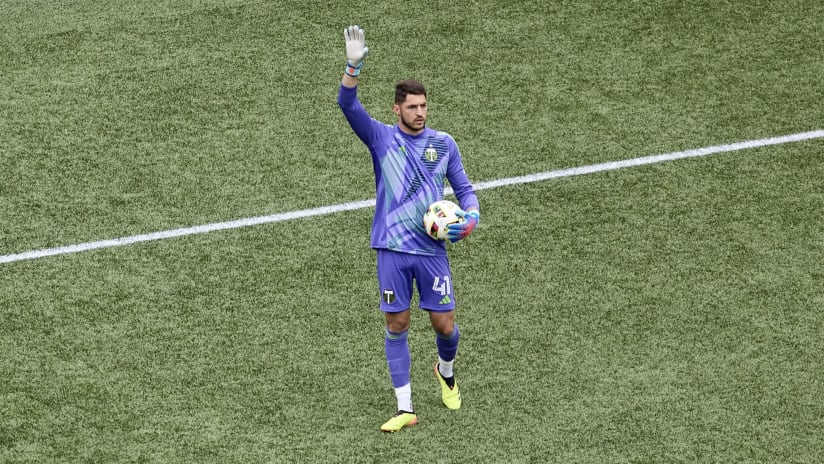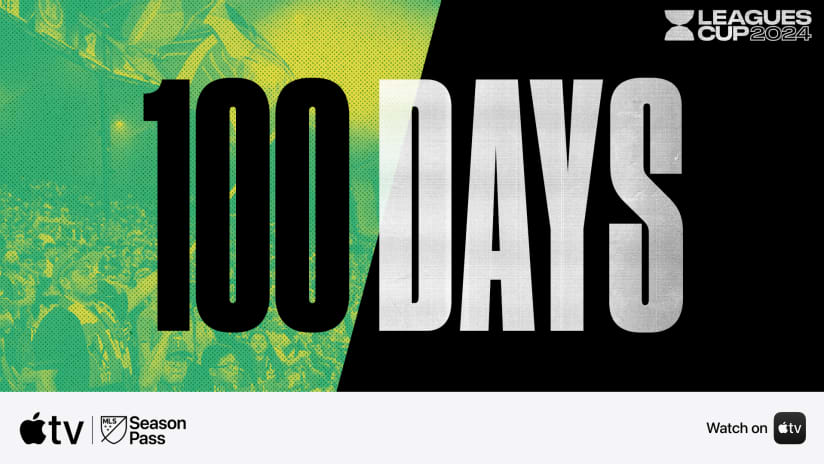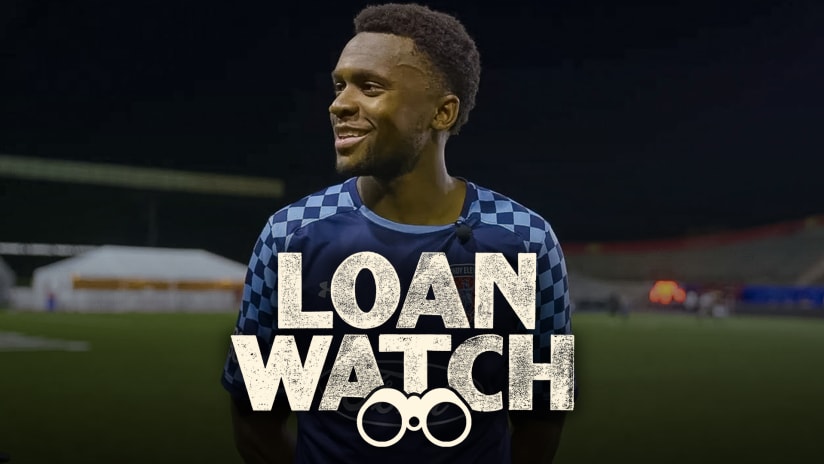PORTLAND, Ore. – Normal life is starting to resume for Portland Thorns FC's newest arrivals: Five players who, over the last week-plus, have returned from the 2019 World Cup. Andressinha arrived early last week. Ellie Carpenter joined the team for their last game, in Houston. Caitlin Foord, Hayley Raso and Christine Sinclair returned to training on Tuesday.
Aside from a Friday game depriving them of a day’s preparation, this will be a typical week for the quintet. On Wednesday, that meant time with the local media, a group obligated to ask about the one thing the players would rather not discuss.
“The World Cup is funny tournament,” Sinclair said, when asked about how process following Canada’s Round of 16 loss. “Other than one team, everyone leaves disappointed. It’s nice to be able to slip back in (to Portland), start playing again.”
Talking to the media is part of the job. Some players enjoy it. Others can live without it. Each player, though, is expected to make themselves available to the press as needed. Sometimes you’re talking about victories. Sometimes, you’re talking about being eliminated from a World Cup.
“Obviously, being at a World Cup is awesome,” Foord said, when asked about her time in France, “but we didn’t reach what we wanted to. So, at the same time, (the World Cup was) a little bit of disappointment.”
It’s a strange ritual, but it’s probably unavoidable. Players already had to answer similar questions last week, when their World Cup duties ended with a trip through a post-match mixed zone. The Portland media wasn’t there, though. Even if they were, the process wouldn’t be much different. For some, there’s a responsibility to ask the questions, even if you know the subject would rather talk about anything else.
“It was really emotional and really upsetting, because we expected to go further,” Raso said of Australia’s Round of 16 loss. “It’s hard to take, but I’ve had a little bit of time to get over it and recover from it, and I’m coming back with a positive attitude. I’m looking forward to getting out there with the Thorns.”
Wednesday’s questions were the expected ones. Five television cameras, five writers, and a collection of Thorns employees were there. How did it feel to be eliminated? What’s it like being back? Is it going to be difficult to reintegrate into the team? Are you rooting for your teammates that are still gone?
Each player expressed their gratitude at returning to Portland. “It’s exciting,” Carpenter said, adding, “I wouldn’t want to be anywhere else.” For her part, Sinclair, the team’s captain, took an extra moment to praise the players who weren’t in France, whose efforts have pushed the Thorns to the top of the NWSL.
“We knew heading into the World Cup that our team was deep, that we had some very talented players sitting on our bench the first three or four games of the year,” she said. “They’ve gone and shown that.
“You’ve seen the fight, and the work ethic from this team has been world class. Us World Cup players are going to have to fight to get back into this lineup. There’s no doubt. This team is on a roll.”
The questions about rooting interests proved the most difficult, though. You could see it in the players’ body language as they summoned their responses, and read it through their parsed words, as polite as they were. It’s difficult to shift gears when you thought you’d still be in the tournament.
“It’s just hard to watch,” Sinclair conceded, when asked about possibly “pulling for” her teammates, and by extension the United States, in Sunday’s final. “I just hope for a good game.”
None of these players want to be watching to the World Cup from 5,000 miles away. Of course, they wish the best for Thorns teammates Adrianna Franch, Tobin Heath, Lindsey Horan and Emily Sonnett. But outright cheering for the United States – a country which each player has spent an entire cycle, if not their whole careers, seeing as the team to take down – is too much.
“We’re not there and we want to be there,” Raso said, sharing Sinclair’s sentiment that the tournament is “hard to watch."
“It’s nice to see our Thorns players doing well and performing well, and that’s about it.”
Each athlete’s time in front of the microphones was shorter than usual, ranging from two to just over three minutes, each. The questions were largely the same. The answers were, too. We’ve seen this exercise so many times, we could have written its script the night before.
That’s part of the reason the ritual feels so strange. We’ve created this expectation that athletes explain themselves. Sports is probably better for it. We feel closer to them, this way. We can pretend we know what they’re going through.
But can we pretend, for a moment, that we’re being asked about our disappointments? To have that be an expectation of our jobs? In those moments where we’re crushed to the point of collapse – and when those moments are being witnessed by thousands of people in person, millions of people across the globe – we’d be expected to talk about it. “Your tears weren’t enough,” the process implies. “Give us our words.”
Sports definitely are better for it, even if, on some level, it feels wrong. Politics may be the only other profession where this happens, and even then, candidates aren’t asked to rehash elections weeks after the results. There’s an inherent value in having elected officials explain themselves, though. Athletes? It’s a closer call.
Thankfully for the Thorns’ returning players, we don’t ask for these types of explanations often. Now, after revisiting fresh wounds one last time, life in Portland can truly start getting back to normal.

